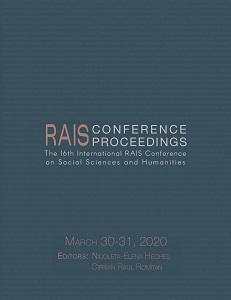Beautiful Experiments in Teaching Freedom: Collectivist Conceptions of Interdependence in the Discussion of Liberatory Teacher-Student Trust
Beautiful Experiments in Teaching Freedom: Collectivist Conceptions of Interdependence in the Discussion of Liberatory Teacher-Student Trust
Author(s): Nirel JonesMitchell
Subject(s): School education
Published by: Scientia Moralitas Research Institute
Keywords: Ptahhotep; Jose Martí; political theory; education; inner-city youth;
Summary/Abstract: Top researchers in the field of critical pedagogy signify that trust literally liberates the brain from fear. This allows for student creativity and higher-order thinking; without cultural awareness and empathy, researchers claim, educational apartheid in inner-city public schools will persist. American notions of ‘proper’ teacher-student dynamics are contextualized by the political philosopher John Locke who delineated a framework dismissive of relational interdependence. Thus, within domestic pedagogical scholarship, collectivist conceptions of teacher-student relationships, congruent with African American collectivist cultural understandings, remain largely unexplored. At first glance, consideration of political philosophy seems peculiar. This perspective, however, is not only compatible--but critical; interpretations of the intersections between political theory and pedagogical analysis are necessary to move beyond mediating the effects of marginalization towards addressing theories surrounding interrelationship and their exclusion from academia, throughout history and today. The following analysis briefly discusses Afro Cuban notions of collectivism, particularly relevant because of their ties to socialist ideologies--opposite of John Locke’s economic outlook. It then interprets texts from ancient KMT, “The Satire of the Trades” and “Instruction of Ptahhotep,” in order to articulate the specific definitions of connection that evade modern educational discourse. This research is imperative; effective pedagogy within classrooms will both reduce crime--as is indicated by the realities of the school to prison pipeline--and produce adults prepared and willing to eradicate other crises in American society.
Book: Proceedings of the 16th International RAIS Conference on Social Sciences and Humanities
- Page Range: 121-127
- Page Count: 7
- Publication Year: 2020
- Language: English
- Content File-PDF

